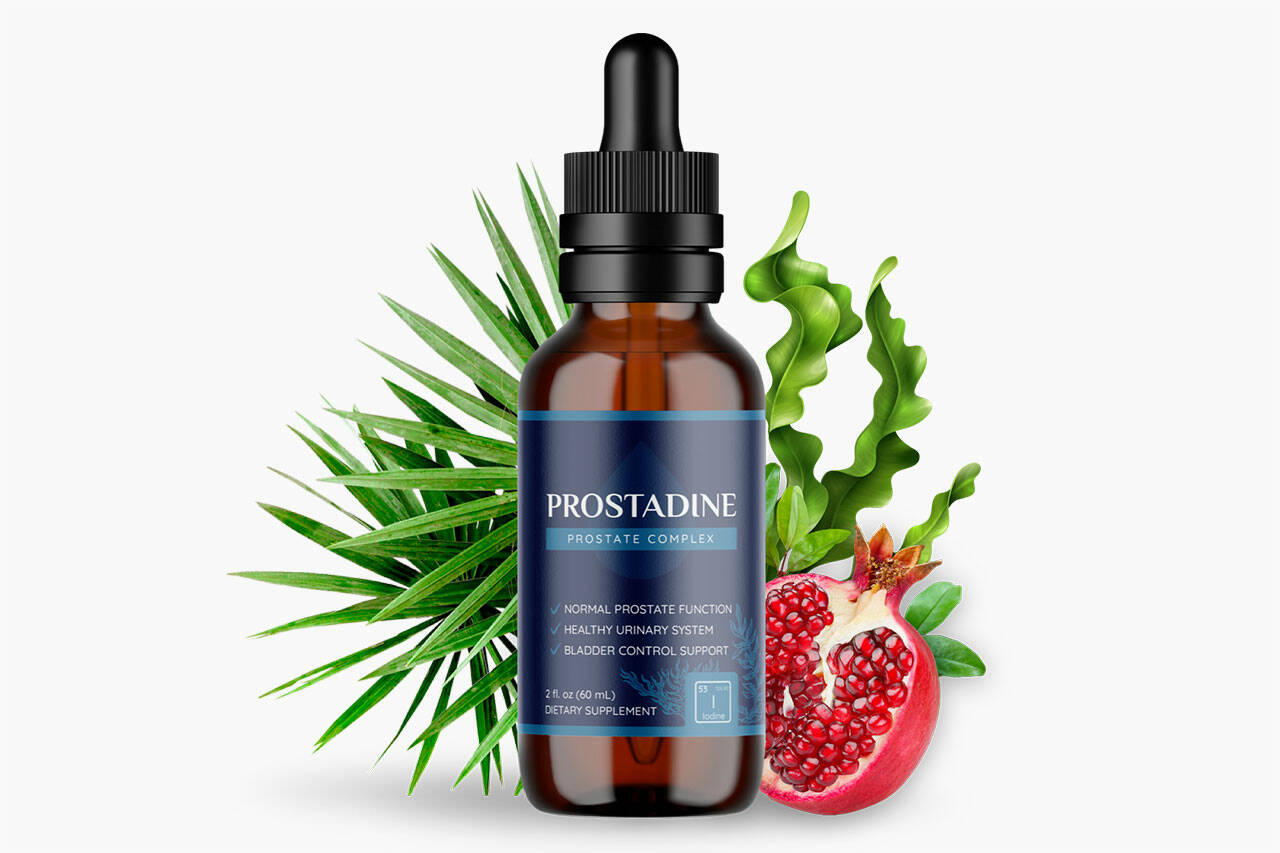In case you’re staying in touch with the current news, you might be aware that an article came out recently that suggests there is correlation between elevated plasma omega-3 fatty acid levels and an elevated risk of prostate cancer (Journal of the National Cancer Institute – July 2013).
“Fish oils could increase prostate cancer risk, prostadine drops review confirms,” a lot of headlines in the news media. Allow me to clarify a couple of important notes for you concerning this study. At this point you know me efficiently enough to know that health needs to be common sense. So does research…
a) One might assume that this research happened to evaluate the risk of prostate cancer in males using fish oil supplements. It did not. The experts didn’t actually mention fish oil supplements in virtually any of the participants! The initial intended treatments were Vitamin and Selenium E. There’s no documentation of dietary fish or fish oil consumption at the beginning, middle, or end of the study. When the issue wasn’t asked or perhaps documented, you can not draw conclusions regarding supplement use.
It didn’t. The researchers didn’t even mention fish oil supplements in virtually any of the participants!
b) Of particular concern were the remarks by the lead researcher in a press release saying, “We have shown once more that use of nutritional supplements can be harmful,” implying a strong bias from the researchers.
indicating a strong bias of the researchers themselves.
c) The measurement of omega 3’s in the blood was done by “plasma phospholipid levels” which are not a good long – term marker of omega 3 quantities at all; the levels can differ greatly inside a forty eight hour period depending on the meal or maybe supplement consumed. I would hardly ever use this test in my office, because it is too narrow. It views one moment on time. Because of the better long-term picture, I order the “erythrocyte” method of testing.
 Over time, this’s undoubtedly not a great indicator of omega 3.
Over time, this’s undoubtedly not a great indicator of omega 3.
(d) The increased risk of prostate cancer in males that consume high omega-3 is based on a level of 4.66 % in the cancer group compared to 4.48 % in the control group.
Making nutritional products of the very best efficacy requires impeccable good research. It appears clear that the scientists in this study have extrapolated their findings beyond what the information could support and have failed to supply sufficient context for their findings.
For the past thirty years, there have been a huge number of research carried out on the benefits of omega-3’s along with the research which is done supports these claims. Fish oils are some of the most studied nutritional supplements and there are actually over 10,000 research done on it. Here are a couple of resources that you may want to check out:
